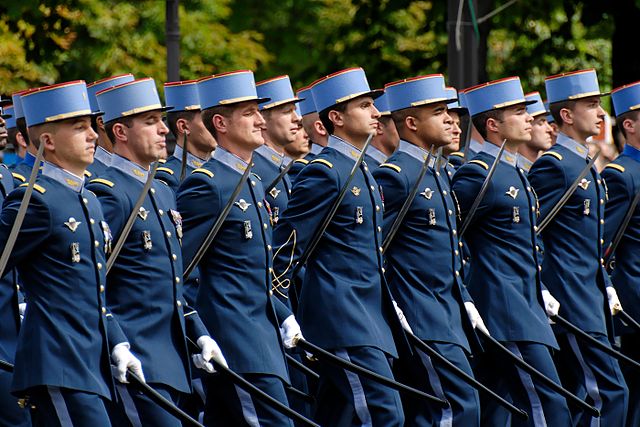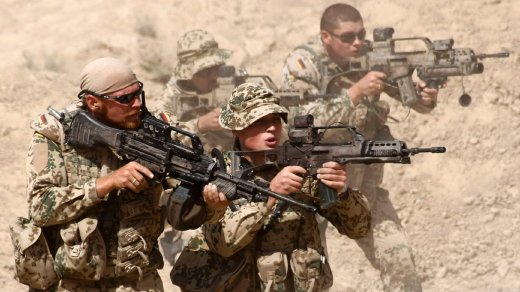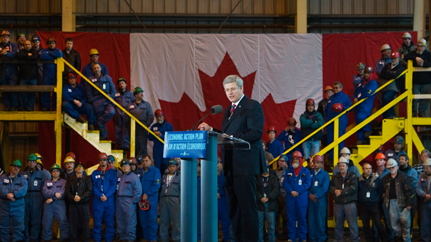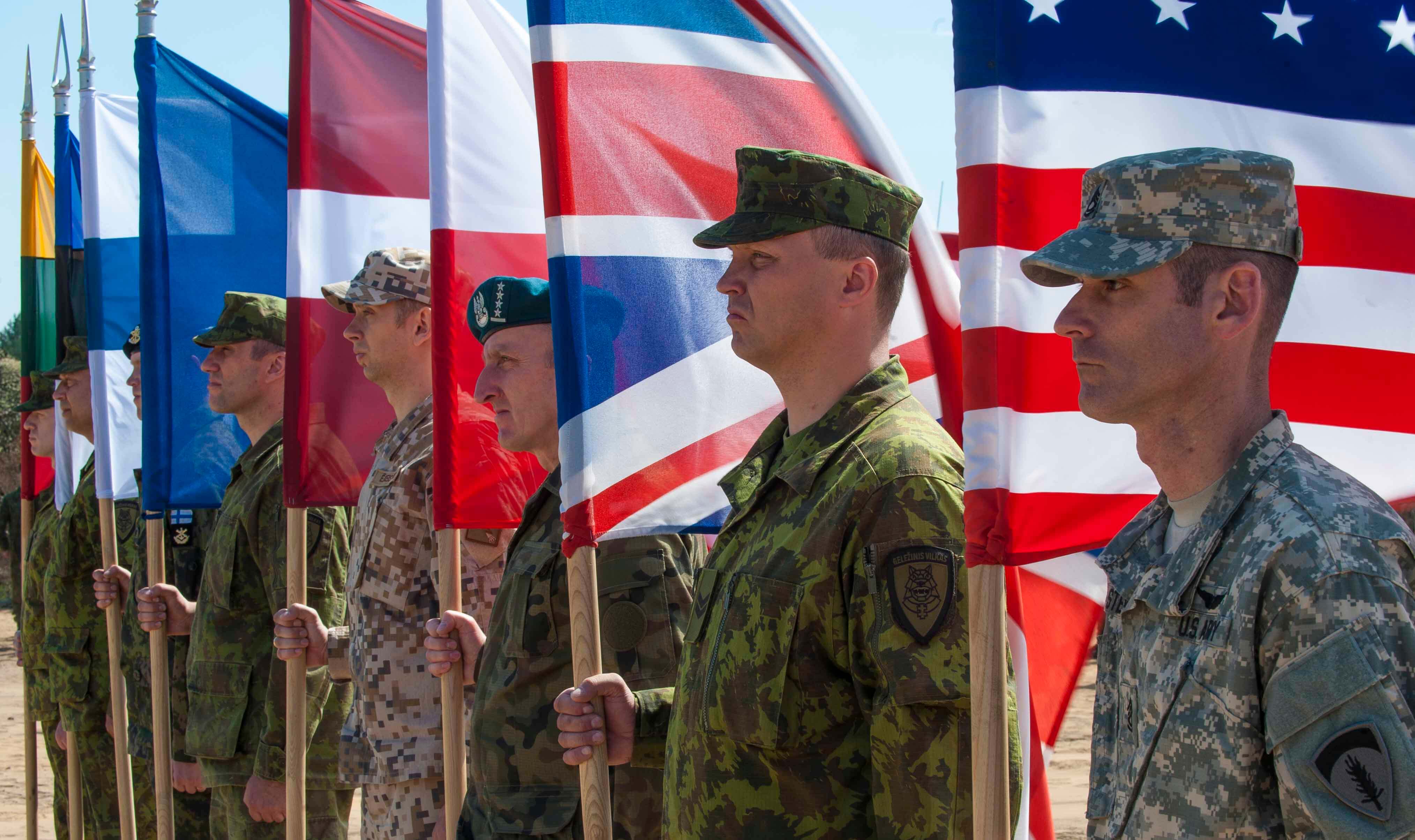
In late April, French President Francois Hollande announced that defence spending would rise by nearly four billion euros over the next four years. This decision followed the attack on the offices of the satirical magazine Charlie Hebdo in January. Alongside the increase in spending, Hollande confirmed that a deployment of 7,000 soldiers to protect sensitive sites across France would now become permanent. This is part of a package to tackle extremist threats “at home and overseas”.
Hollande’s announcement was particularly significant given that were it not for this decision, defence spending in France would effectively have been cut by 7% in real terms. Despite continuing austerity cuts in other areas, the defence budget will now reach 32.7 billion euros by 2019, a 4 % increase in real terms compared to the 2015 budget. This has put to rest claims that the French government intended to use asset sales in order to finance the purchase of military equipment. The defence budget now sits at 1.8 % of GDP, almost reaching the 2 per cent of GDP target set by the NATO mandate.
Yet this decision has largely been taken in light of domestic events in France; international events have received comparatively less consideration. The clearest example of this domestic threat was the Charlie Hebdo attack in Paris, which left 11 dead. The cost of permanently maintaining 7,000 service personnel at key sites in France is high: some sources estimate that Opération Sentinelle (Operation Sentinel), the current additional internal security deployment, is setting the French government back by 1 million euros per day. “France is facing threats at home and overseas,” Hollande told reporters. “Security, protection, independence are principles that are not negotiable.”
In addition, funding will also be used to support French forces engaged in operations abroad, such as in Iraq, Central Africa and an antiterrorist operation in the Sahel region of Africa. “I’ve taken these decisions because it is a question of protecting and securing France,” Hollande said. “If French people are to have confidence in the future, they must feel safe everywhere.” By May, more detailed spending plans for France’s international mission had emerged. The government has reserved an additional 1.5 billion euros to acquire additional equipment, including four Lockheed Martin Hercules C-130 transport planes, two of which will be equipped with the Griffin missile, while the other two will be set up for inflight refueling of helicopters. Procurement officials also plan to order seven Tiger attack helicopters, taking the total order of Airbus Helicopters by the French government to 67. These priorities reflect the demands of the campaign in the Sahel.
The increase in French defence spending overshadows the earlier announcement of the German government, which detailed an increase in defence spending by 1.9 billion euros over 2015-16. Nonetheless, such plans reflect a new trend in defence spending for Western European nations as a whole. A report from the Stockholm International Peace Research Institute in 2014 found that since the recession many Eastern European countries had increased their military spending, while Western European countries had begun to cut into defence budgets. The recent decision of France, Britain, and Germany to increase spending suggests that this trend may be changing.




